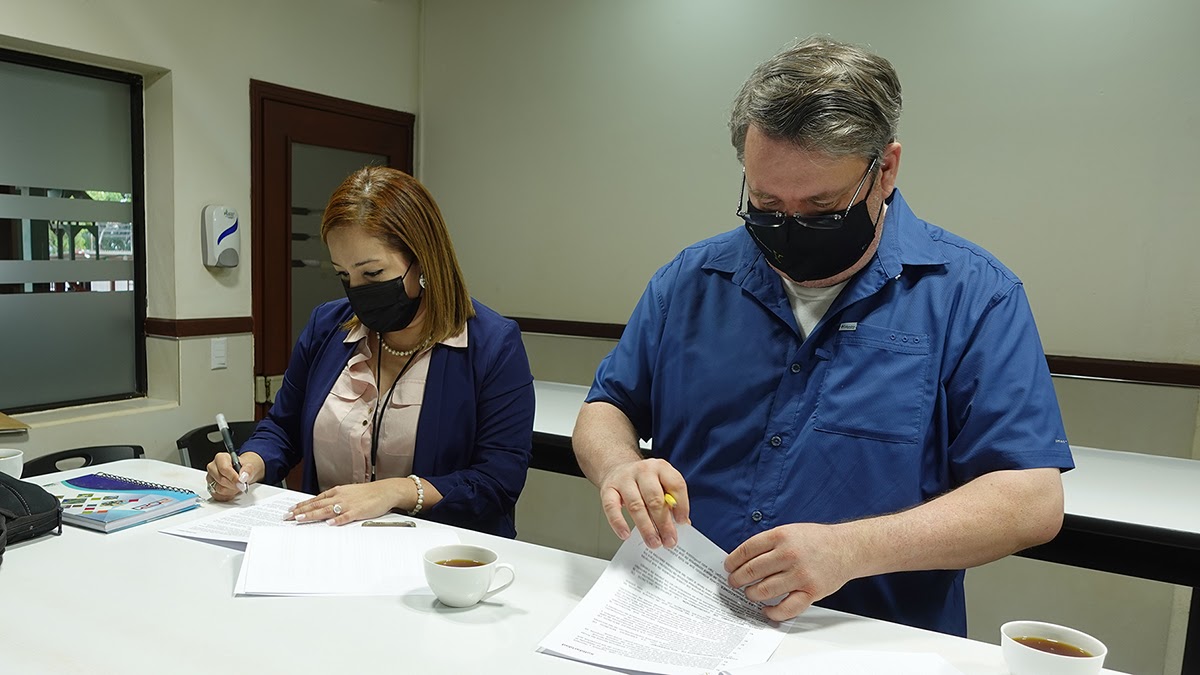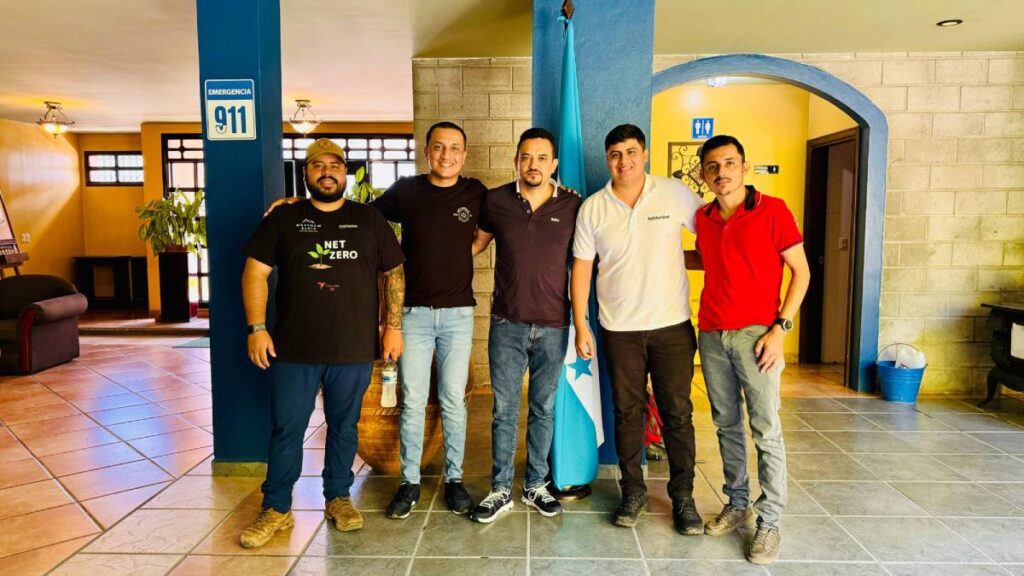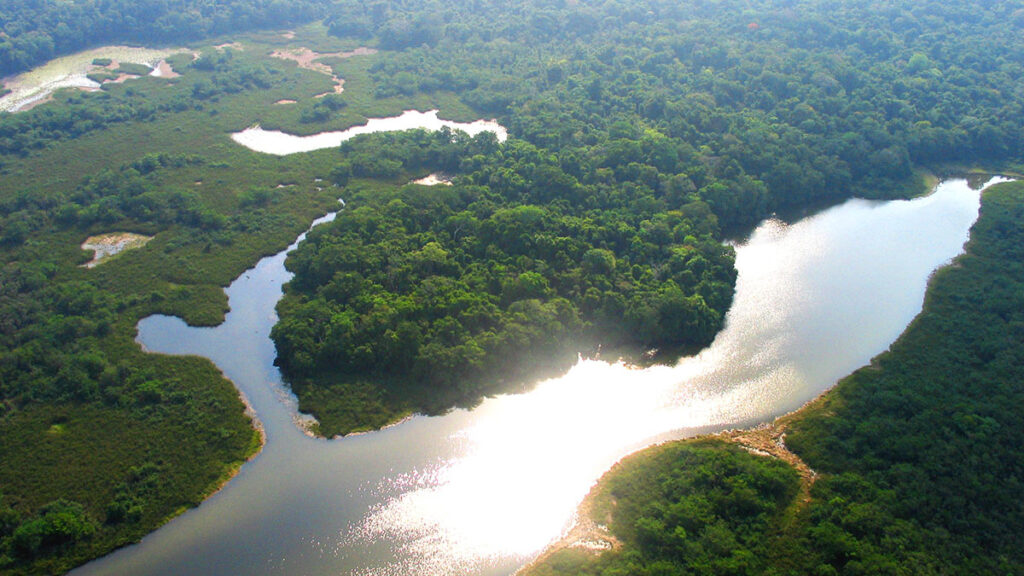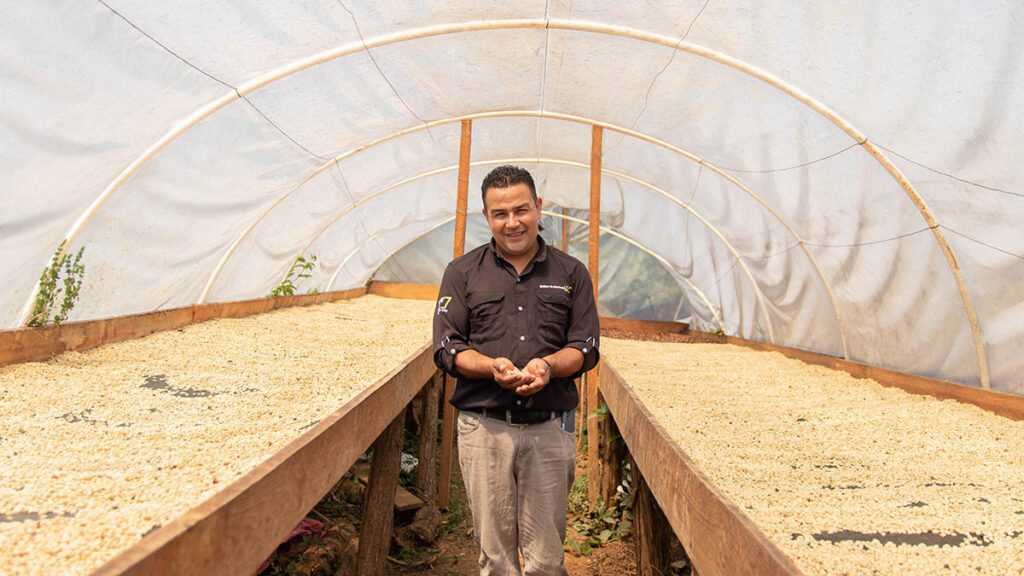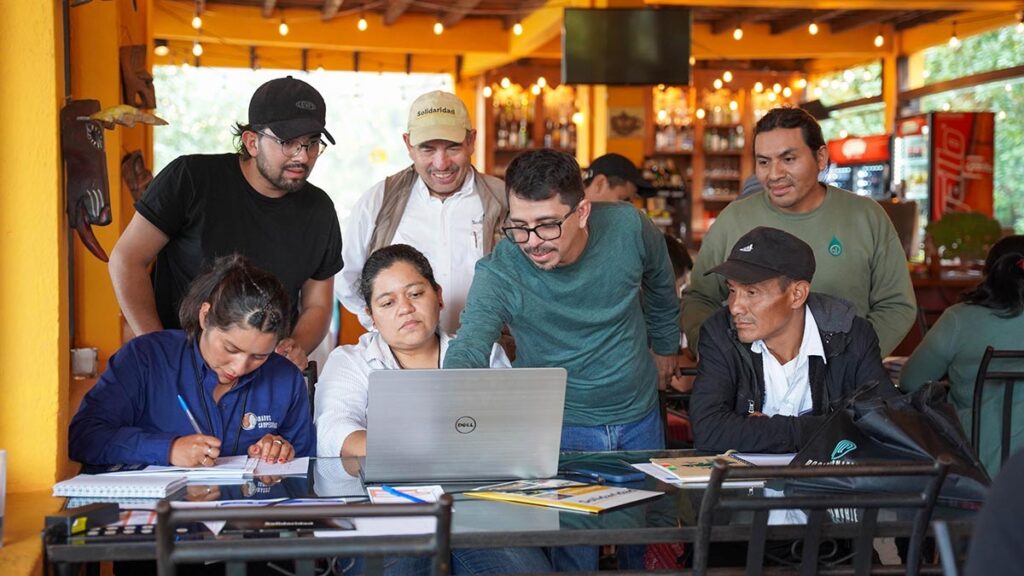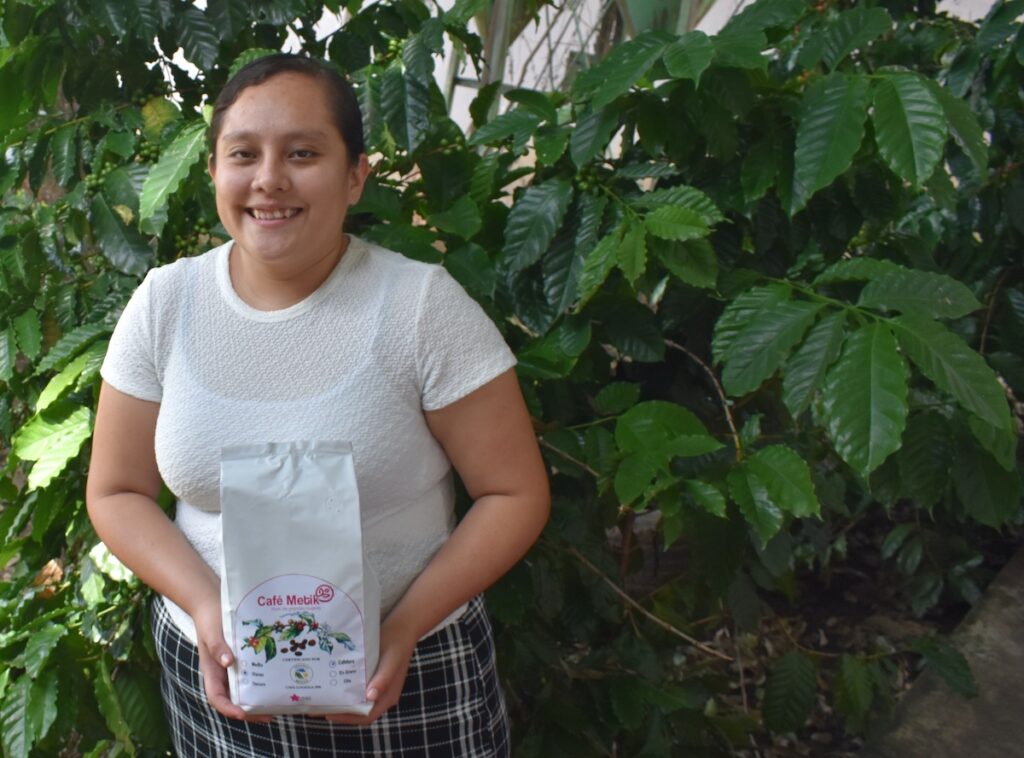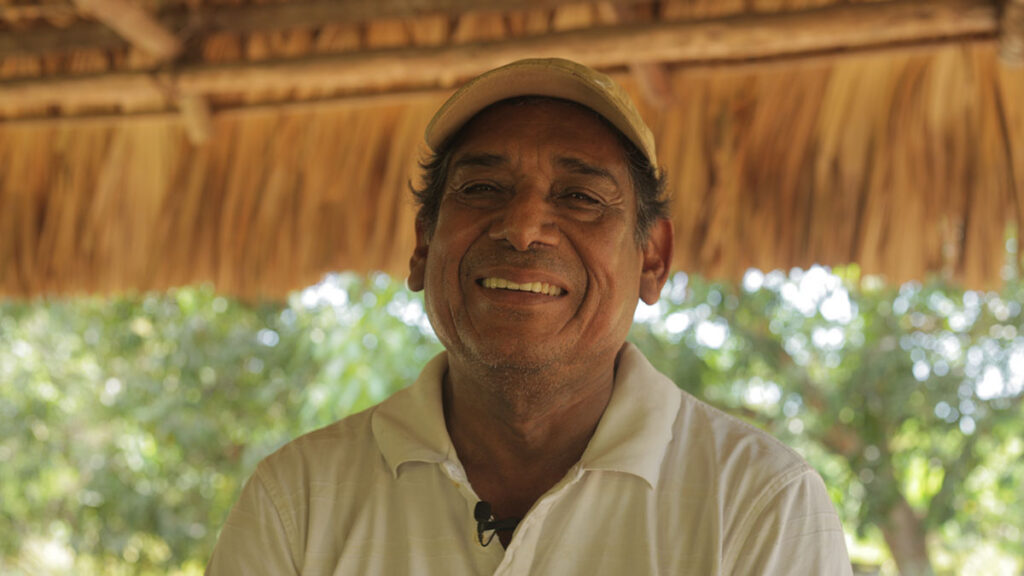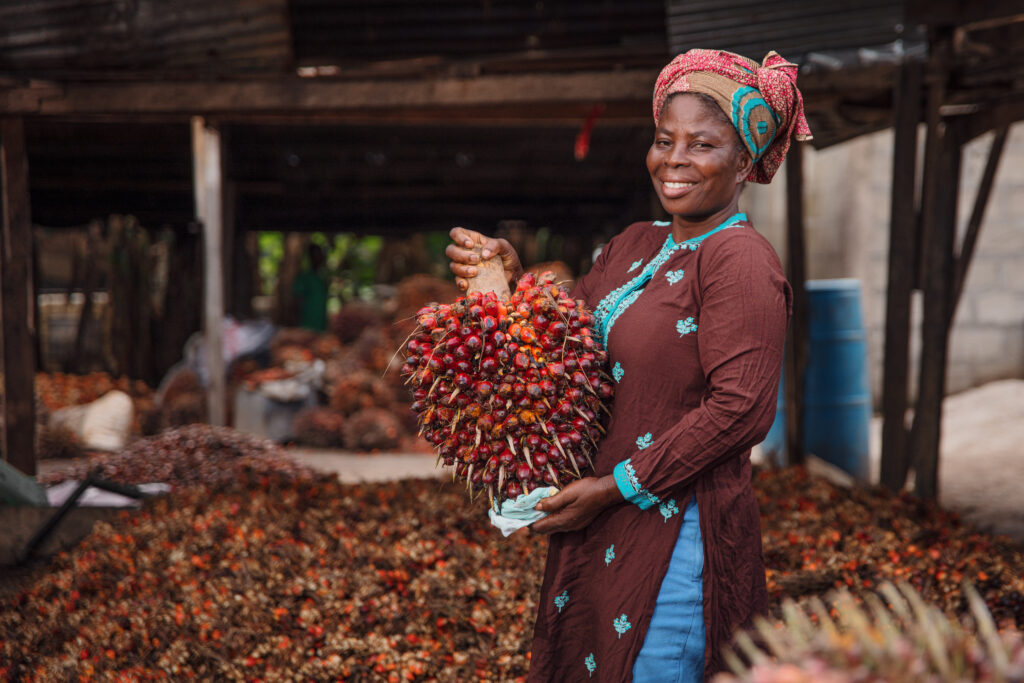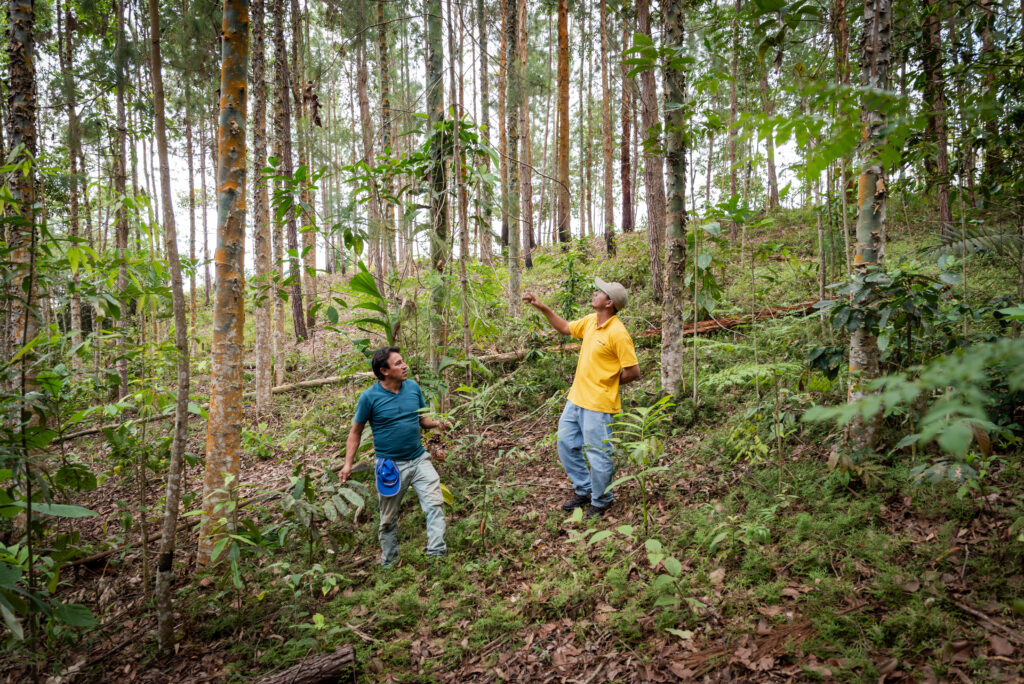A partnership to promote sustainable coffee production in Honduras
The coffee sector in Honduras faces various environmental risks, including extreme weather events, high environmental vulnerability, high use of chemical fertilizers in plantations, and lack of preventive measures and monitoring on farms. These risks adversely affect the coffee harvest quantity and quality, resulting in lower income for the producer families.
Both organizations have agreed to cooperate and join their capacities, resources and experience in favor of sustainable coffee production in Honduras. Molinos de Honduras’s misison is to be a socially responsible company providing high-quality coffees and services, while Solidaridad provides previous experience in implementing sustainability strategies within value chains in the Latin American region.
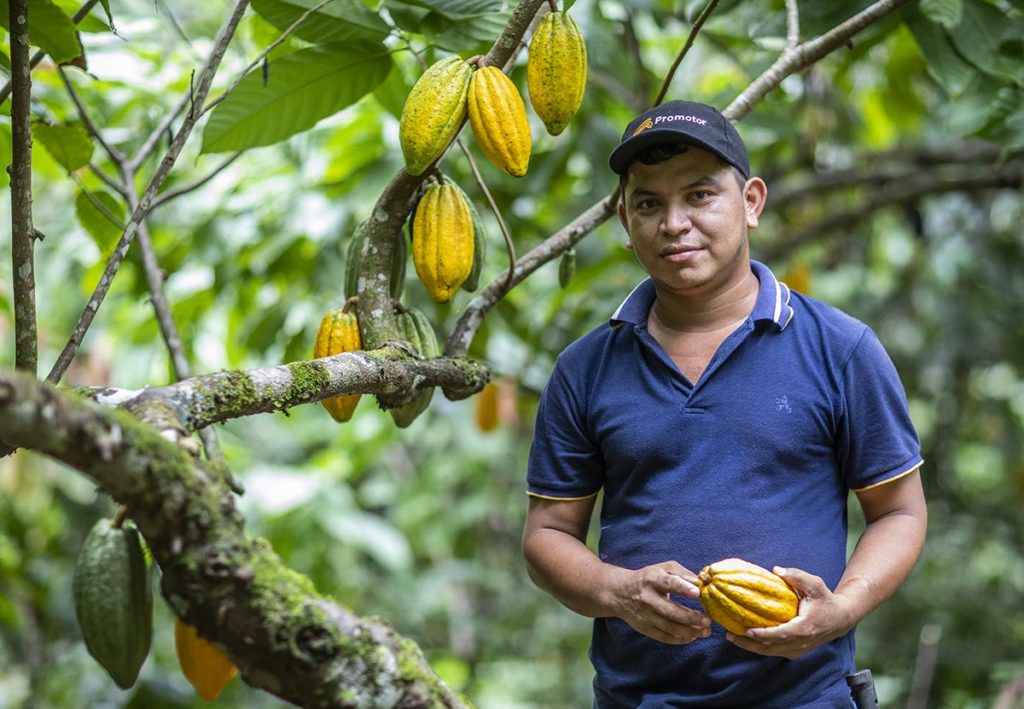
How responsible consumers choose
Alissa Moen comments on the complexities and realities of family engagement with smallholder farms, and how supply chain actors can engage to play a more supportive role.
Under this partnership agreement, the organizations will collaborate in:
- Strategies for climate change adaptation and mitigation
- Pilot programs to assess the carbon footprint in coffee
- Carbon capture and reduction in coffee farms
- Training programs through online learning management systems
- Providing support to coffee producers during the pilots and the use of digital tools.
Molinos de Honduras committed to promoting carbon footprint assessment pilots
The flagship program of the agreement will be the pilot in carbon footprint assessment with the support of digital solutions. Cool Farm Tool will measure the carbon footprint in farms. Created by Unilever at the University of Aberdeen in the United States, Cool Farm Tool is extremely user-friendly for producers and technicians. Additionally, Taking Root’s FARM-TRACE application will combine local data with satellite imagery and algorithms to automate measurement, verification and delivery of reforestation impacts such as planted trees and stored carbon.
Through these digital tools, Molinos de Honduras and Solidaridad will be able to show how farm practices influence greenhouse gases capture or emission. Based on the data collected, pilot participants will be enabled to make informed decisions that reduce their carbon footprint, such as implementing climate-smart practices. Participants will also have data that helps them seek a better market for Honduran coffee that recognizes the added value of climate-smart agriculture.
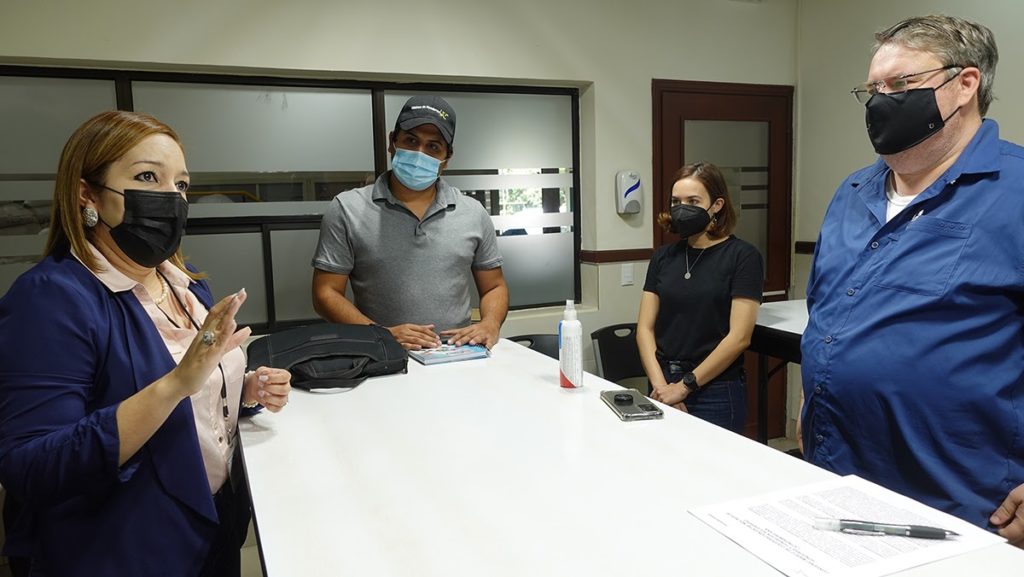
“Producers will need to understand why we are taking climate action. To accomplish this, we will provide on-site and virtual training. We’ll also take the data from farm production to the international market using the digital tools”, said Sofía Núñez, Coffee Coordinator for Solidaridad Central America, Mexico and The Caribbean, during the partnership signing.
Previous experiences in climate-smart practices in coffee
Solidaridad’s previous experiences in climate-smart coffee in Colombia, Peru and Mexico have left us with valuable lessons learned. In Mexico, a great lesson was the need to integrate the community and especially their families to promote smallholder success in plot renovation.
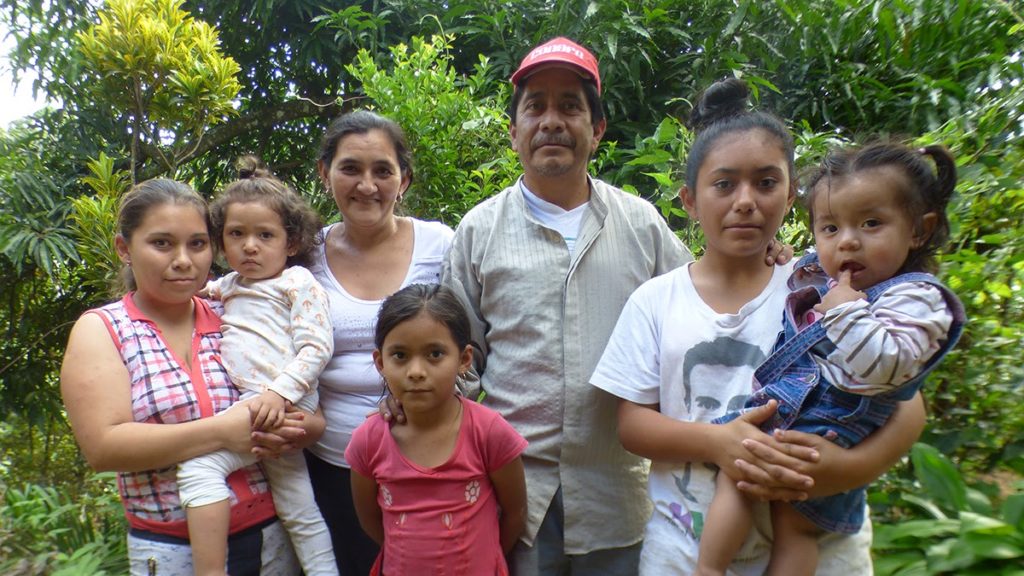
In 2018, some experts from Solidaridad East Africa visited Colombia and Peru to see first-hand the successful model developed by Solidaridad in South America and they determined the following criteria to successfully replicate the results:
- Define a clear and practical set of practices and technologies, adapted to the profile of the producers, their needs and their realistic implementation capacity. In South America, we determined which varieties were the most appropriate to grow and trained producers in natural resource and waste management.
- Develop sufficient technical capacity with partners to implement in the field. Solidaridad’s role was to transfer the model and provide strategic and technical guidelines, while the partner organizations were in charge of reaching the producers and implementing on the field.
- Establish an integrated model to reach producers. We combine technicians from partners such as companies, cooperatives and associations, with facilitators and promoters at the producer level, establishing the specific responsibilities of each party in the dissemination of good practices.
- Introduce a carbon calculator for coffee. In Colombia we used Cool Farm Tool, which allowed producers to know how carbon emissions decrease as a result of reducing deforestation and, at the same time, the productive and financial advantages of doing so.
Through the processes in Mexico, Colombia and Peru, partners turned to the Solidaridad team for evidence-based guidance and climate-smart coffee production.
“In Honduras, the relationship between Solidaridad and Molinos de Honduras will be handled in a similar way. We like carbon measurement initiatives because the results are tangible. Markets are increasingly requesting climate change mitigation and adaptation actions on the farm and these requests guide producers towards reducing emissions of GHGs such as carbon,” said Sofía.
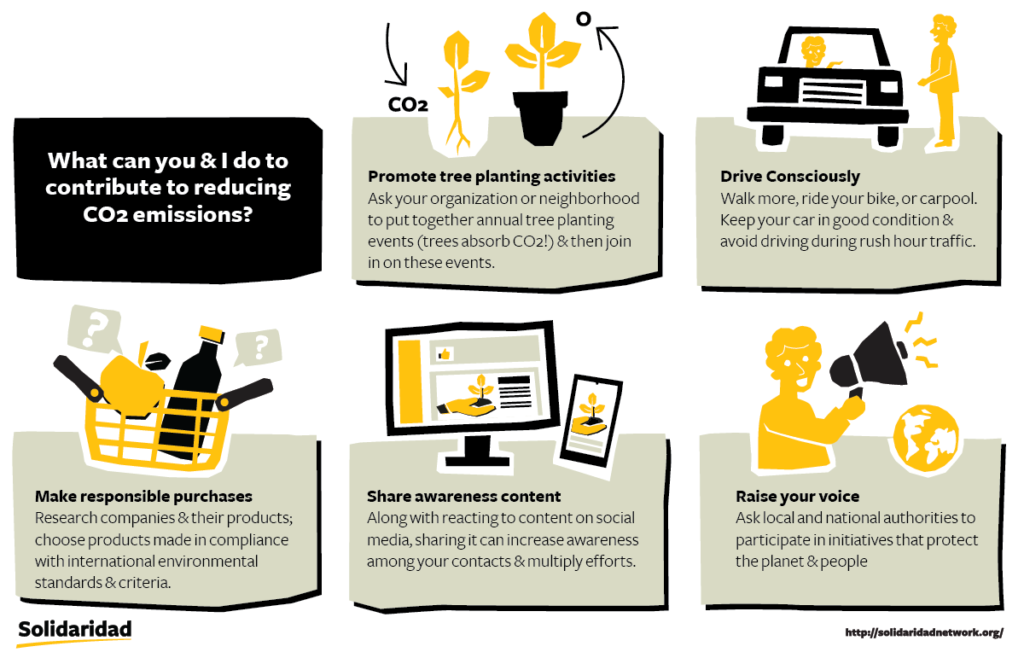
By reducing environmental impacts with climate-smart production, products become more competitive, as it opens the doors to meet certification standards and choose to receive income from carbon credits or for producing coffee with a reduced carbon footprint.
If you have questions about our work with Molinos de Honduras or about projects in the coffee value chain in Honduras, please contact Sofía Núñez.
For more information
If you have questions about our work with Molinos de Honduras or about projects in the coffee value chain in Honduras, please contact Sofía Núñez

